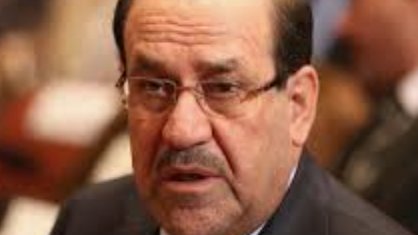
"In 10/2014, Assad decreed that Syria’s Education Min. must provide Shia studies as part of the curriculum in schools nationwide," writes @OulaAlrifai
Does anyone have a link to this decree?
Before the uprising, Syrian textbooks didn't mention of Shiism
washingtoninstitute.org/experts/oula-a…
Does anyone have a link to this decree?
Before the uprising, Syrian textbooks didn't mention of Shiism
washingtoninstitute.org/experts/oula-a…
There is no trace of this education in the Islamic Religion textbooks taught in Syrian schools. This makes me wonder about the decree. Was it simply ignored? Perhaps it was not enacted? If it was something Iran wanted, perhaps Damascus never got the memo?
@OulaAlrifai writes:
"Assad decreed that Syria’s Education Ministry must provide Shia studies as part of the curriculum in schools, colleges, & universities nationwide... Iran already ran many Syrian schools, but the number increased significantly in the years to follow."
"Assad decreed that Syria’s Education Ministry must provide Shia studies as part of the curriculum in schools, colleges, & universities nationwide... Iran already ran many Syrian schools, but the number increased significantly in the years to follow."
What Syrian schools does Iran run? What proof is there that the "many schools" run by Iran in 2014 have "increased significantly" since then?
Like the "decree to provide Shia studies," the construction of many Shi'a schools should be easy to track down. None are named.
Like the "decree to provide Shia studies," the construction of many Shi'a schools should be easy to track down. None are named.
• • •
Missing some Tweet in this thread? You can try to
force a refresh




